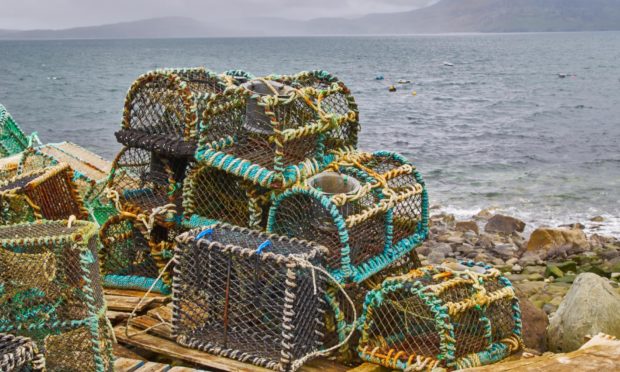Scottish shellfish firms are facing a lengthy ban on exporting to the continent, after EU officials deemed UK oysters and mussels did not comply with their health standards.
Environment Secretary George Eustice accused the EU of “misinterpreting their own laws” on standards and said “intensive work” is under way to get the ban lifted this year.
Prior to Brexit, wild shellfish caught in UK waters were purified and processed in the EU before being distributed to supermarkets, restaurants and bars.
The European Commission decided last week that unprocessed produce would no longer be able to enter the block.

“It is a non-tariff barrier that we think is unjustified,” Mr Eustice told a House of Lords committee.
He added: “Our animal and plant health team are working on a technical dossier so that we can continue the dialogue and try to get this issue unblocked.”
‘Businesses severely misled’
His comments come after Orkney and Shetland MP Alistair Carmichael wrote to fisheries minister Victoria Prentis asking for “clarification on your part as to how businesses were so severely misled and why it was left to the European Commission to inform our seafood industry of the reality of the situation”.
He said: “As you will no doubt be aware, an indefinite ban on live shellfish exports to the EU will have a catastrophic impact on seafood producers across the UK, including high-quality scallop catchers in my constituency.”
Mr Eustice was asked to respond to the “profound sense of disillusionment, betrayal and fury” felt by the fishing industry over the Brexit deal and export chaos last month.
He said: “It’s fair to say that we didn’t get everything that we wanted on fishing, to get a final agreement, compromises were made.
“But we got a significant step towards an improvement in sharing arrangements in that first multi-annual agreement with roughly a 25% uplift in fishing opportunities or with the European Union giving up roughly 25% of what they currently catch in our waters.
“That does lead to some quite significant uplifts in some stocks.”
He added: “After five and a half years, we are free to change those access arrangements and we go into a new agreement, which can be annual or it could be a further multi-annual agreement and during that period we will be able to change access arrangements.”


